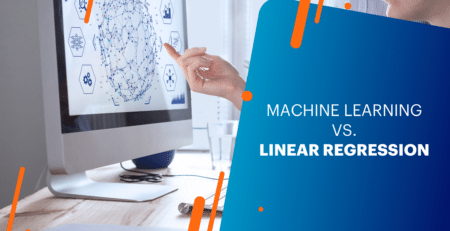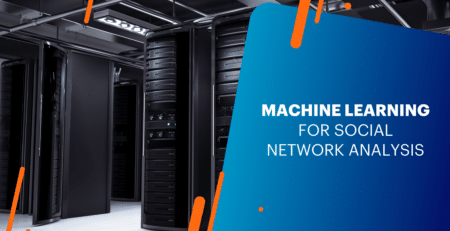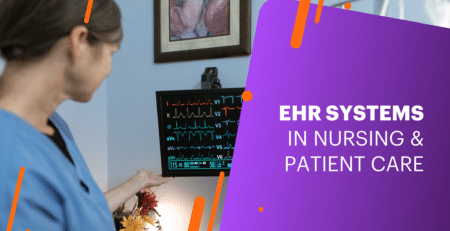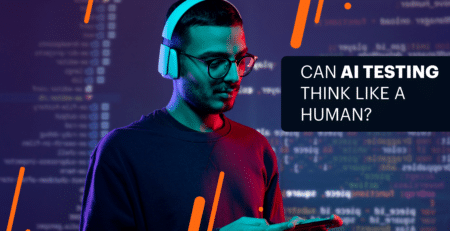For instance, a deep learning model developed to detect pneumonia in chest X-rays showed an accuracy level comparable to, and in some cases better than, that of radiologists.
The study concluded that AI could significantly reduce the diagnostic error rate in detecting various conditions, including lung nodules and brain hemorrhages (source: Nature).
Another real-world example includes AI being used in hospitals in India, where algorithms have proven to be as accurate as radiologists in diagnosing key findings in chest X-rays (source: PLOS ONE).
Pathology and Dermatology: Detecting the Undetectable
Pathologists, who often face variability in diagnosing diseases from tissue samples, are now seeing a major impact from AI.
Whole-slide imaging combined with deep learning helps pathologists analyze tissue samples for cancers, often highlighting issues that might be missed by human eyes.
For instance, AI algorithms have been shown to match or exceed the performance of pathologists in detecting breast cancer metastases (source: JAMA).
In dermatology, AI’s accuracy in diagnosing skin cancers using photos of skin lesions has been remarkable.
Studies have shown that AI can achieve accuracy levels that are similar or even higher compared to experienced dermatologists (source: The Lancet Oncology).
This type of AI application could be especially useful in settings where access to specialists is limited.
Personalized Patient Care: AI’s Role Beyond Diagnosis
Beyond assisting doctors, AI can empower patients directly.
A fascinating example is the use of AI in continuous health monitoring through wearable devices, such as smartwatches. Apple Watch, for instance, has received FDA approval for its ability to detect atrial fibrillation—a serious but common heart rhythm disorder—using algorithms that analyze heart rate patterns.
AI is also being used to analyze data from wearables to predict health risks such as diabetes and cardiac events.
These tools give patients more control over their health by allowing them to monitor conditions continuously and even receive alerts for abnormal findings.
Mental Health Support: AI as a Companion
One of the lesser-known but promising applications of AI in healthcare is in mental health.
AI-driven chatbots are being developed to provide support for patients experiencing anxiety or depression. By using natural language processing, these tools can engage patients in conversations, assess mood, and even provide coping strategies.
AI-based apps like Woebot have been tested in controlled trials and shown to effectively alleviate symptoms of depression for some users (source: JMIR Mental Health).
These solutions are particularly beneficial in scenarios where traditional therapy might not be immediately available, either due to cost, stigma, or lack of access.
However, AI does not replace the need for professional care but serves as a supplement, ensuring that people receive timely support when needed.
Challenges: Bias, Privacy, and the Need for Validation
While the potential is significant, AI in healthcare does come with its set of challenges. One major issue is bias.
AI systems learn from data, and if that data does not adequately represent diverse populations, the resulting AI model may not perform well across all patient groups.
For instance, dermatology models trained mostly on lighter skin tones may struggle to diagnose conditions on darker skin, leading to potential inequalities in healthcare.
Another challenge is privacy. AI systems require massive amounts of data, including medical records, images, and even genomic information. Ensuring that this sensitive information is kept private and secure is crucial (source: Health IT Security).
Moreover, healthcare AI systems need rigorous validation. Many AI tools that show promise in the lab setting need extensive testing in real-world clinical environments to prove their effectiveness and safety in diverse scenarios (source: MIT Technology Review).
AI and Doctor-Patient Relationship: A Symbiotic Future?
A concern often raised is whether AI will replace doctors or diminish the human aspect of healthcare.
Experts like Eric Topol, the founder and director of the Scripps Research Translational Institute and professor of Molecular Medicine, argue that AI’s role should be seen as augmentative, not replacement.
By automating routine tasks and providing rapid, data-driven insights, AI can free up time for doctors, allowing them to focus on patient interactions that require empathy and complex decision-making—a task that AI, regardless of its sophistication, cannot yet master.
In fact, the integration of AI might enhance the doctor-patient relationship by reducing administrative burdens and ensuring that doctors have more time to listen to and understand their patients’ needs.
The goal is not to eliminate the human element but to support it, leveraging AI for tasks where precision, speed, and the ability to process enormous amounts of data are paramount.
Conclusion: Moving Forward with Caution and Hope
AI has enormous potential to transform healthcare for both doctors and patients.
It can improve diagnostic accuracy, provide better monitoring and preventive care, and even assist in managing mental health.
However, successful integration of AI into healthcare will depend on addressing challenges like bias, privacy, and the need for extensive validation.
The future of AI in healthcare should focus on building a collaborative environment where doctors and technology work hand-in-hand.
By doing so, healthcare providers can improve outcomes, reduce errors, and provide more personalized care, all while ensuring that the compassionate, human aspect of medicine remains at the forefront.
This blend of human expertise with machine intelligence could make high-quality healthcare more accessible, efficient, and impactful.
An example of how AI-driven technology can revolutionize medical device management, is our case study on digital innovation and dental device management.













